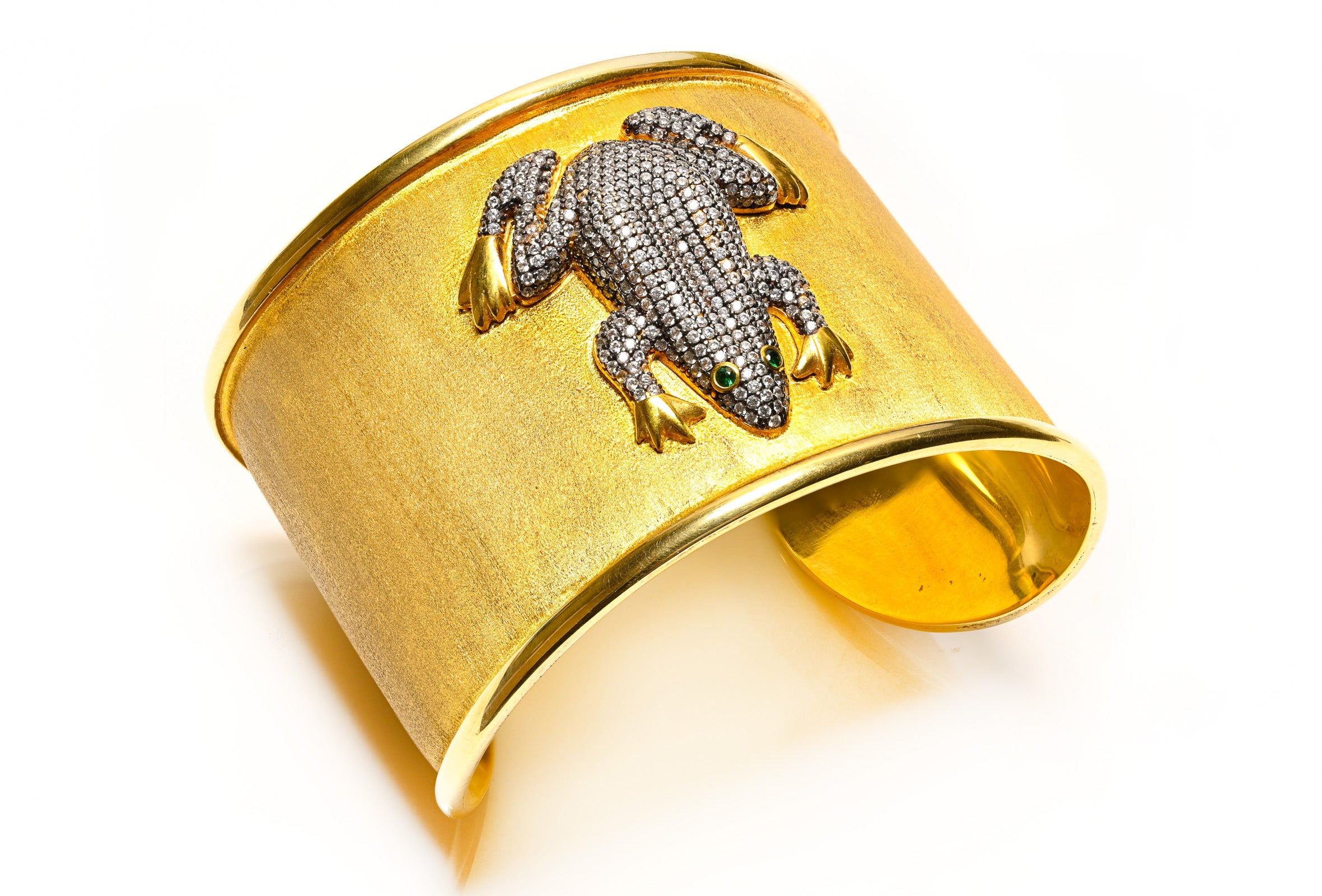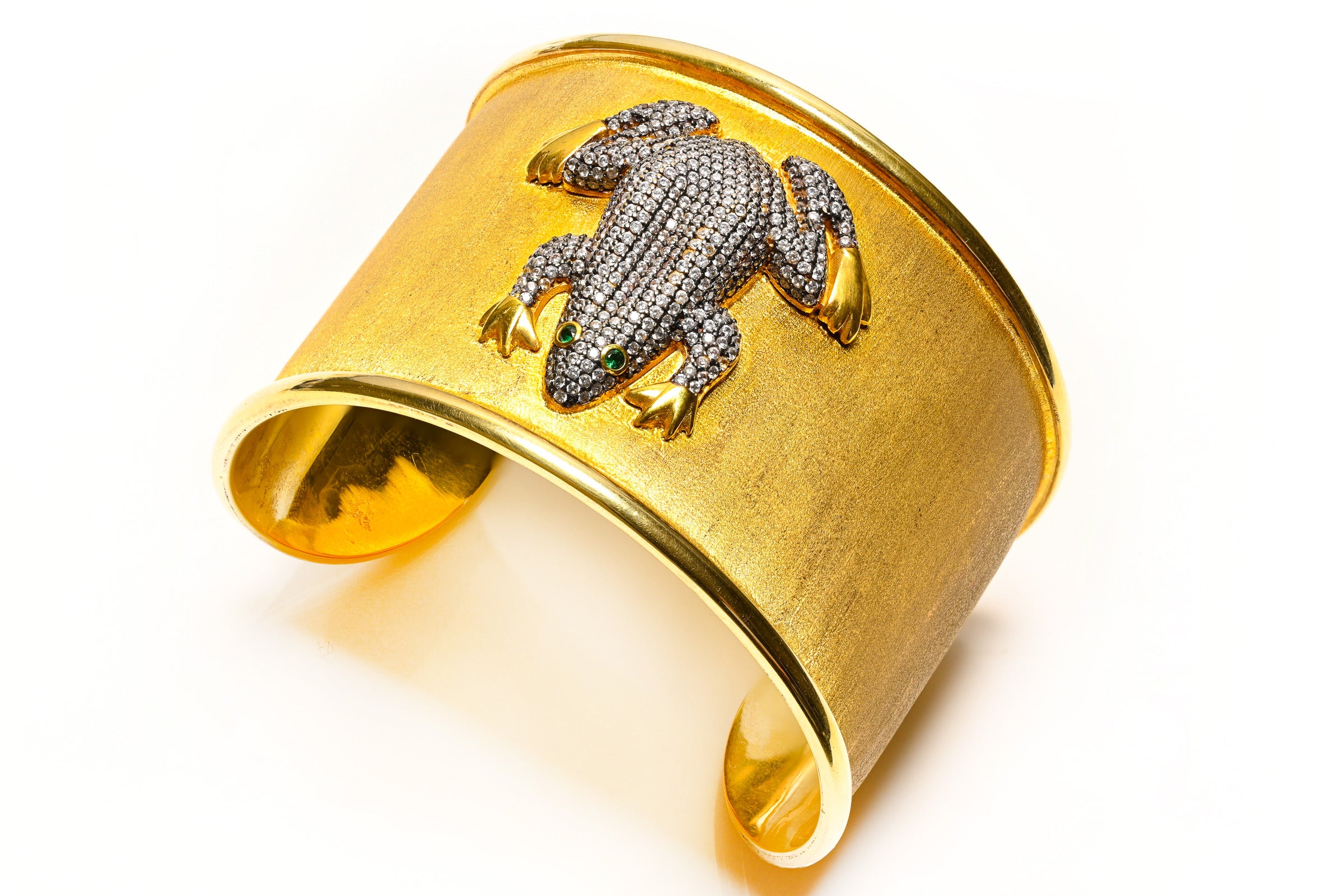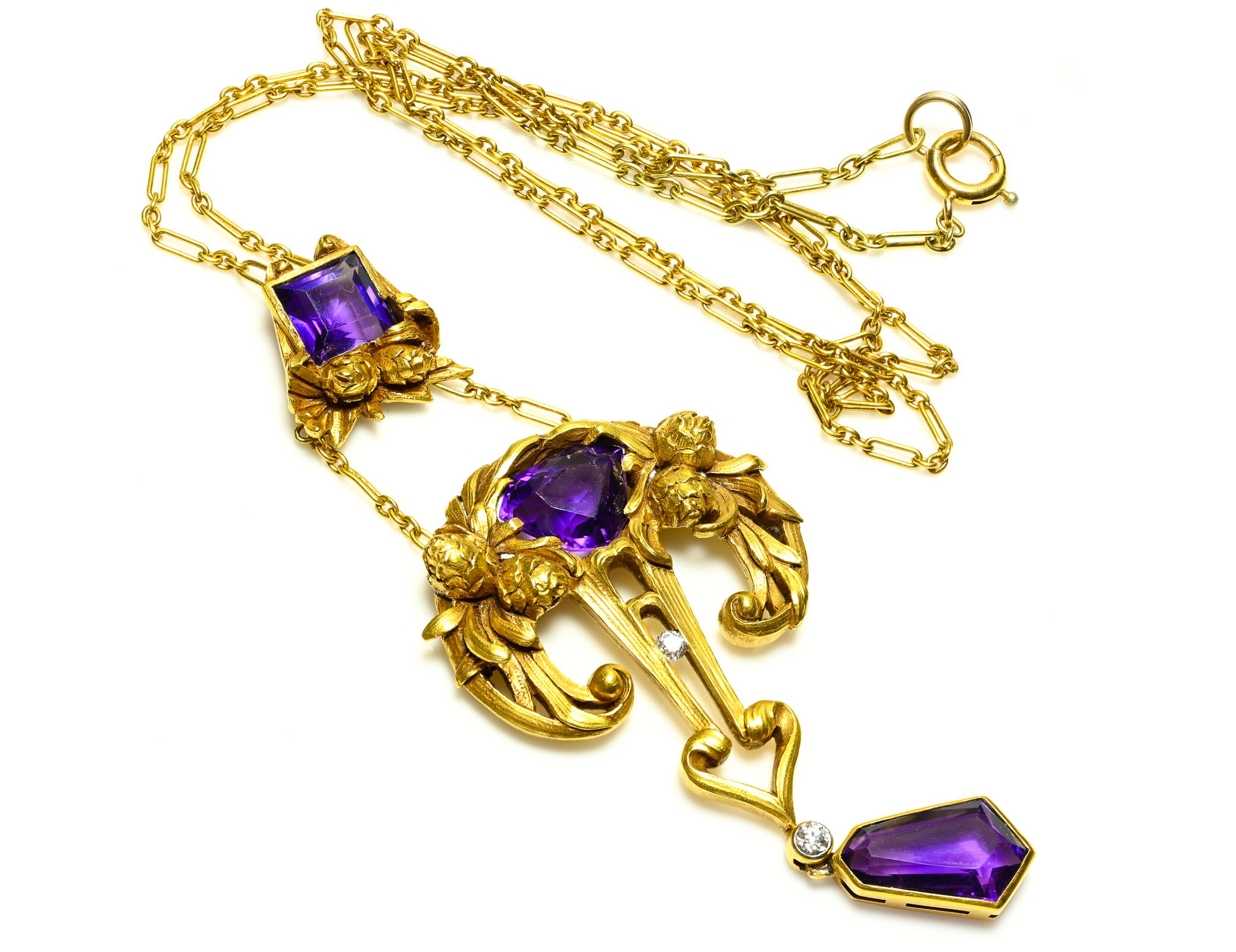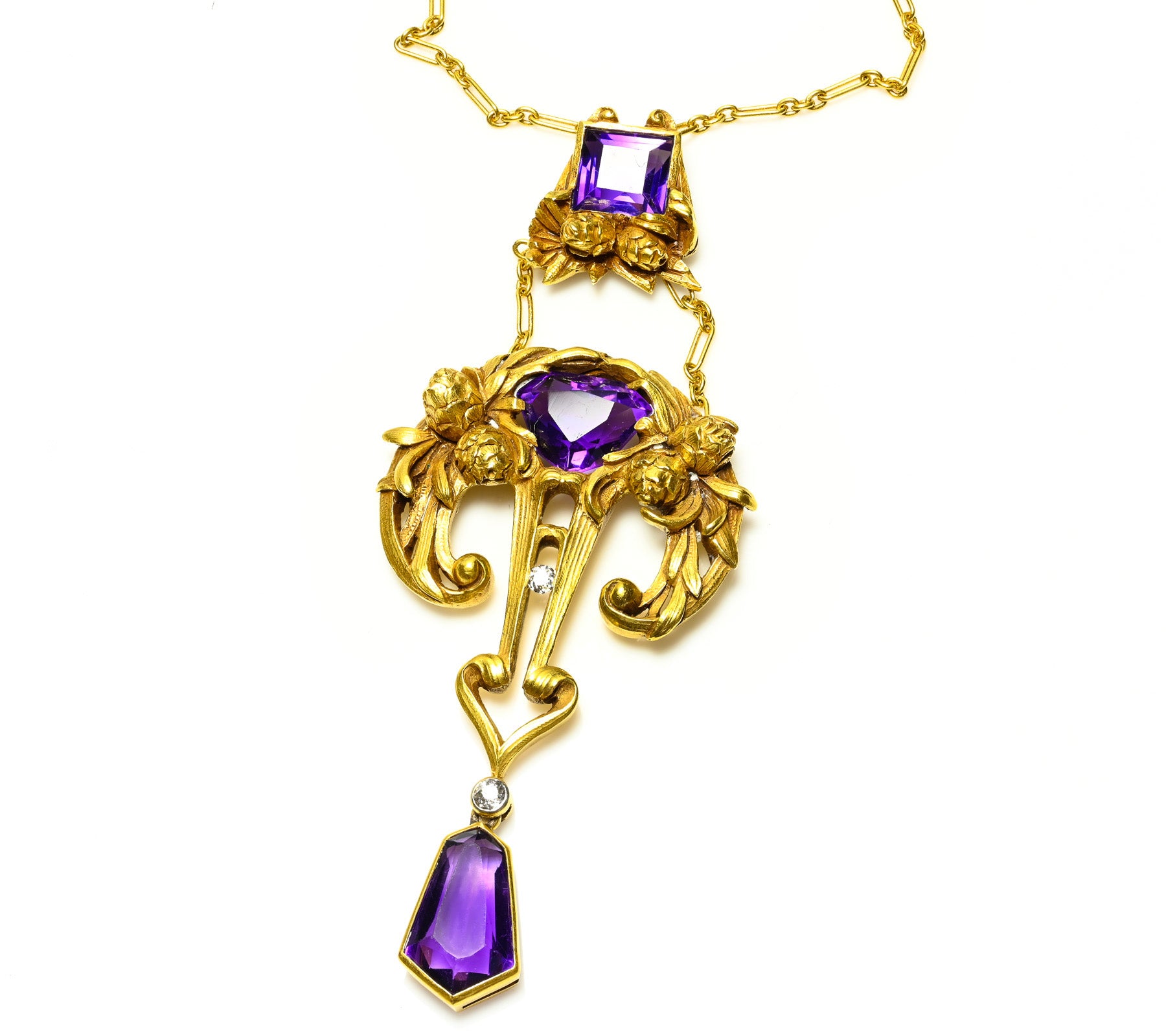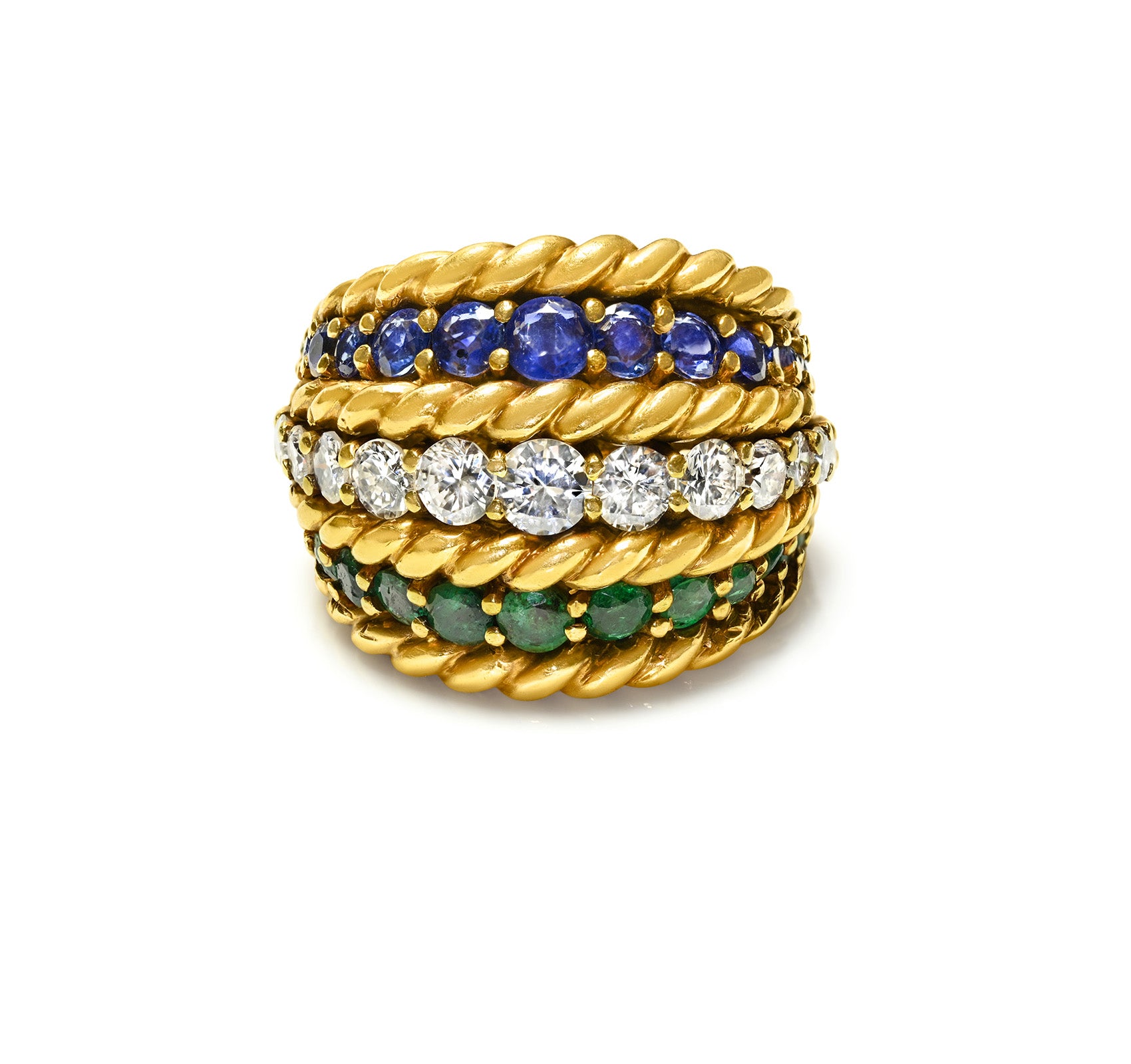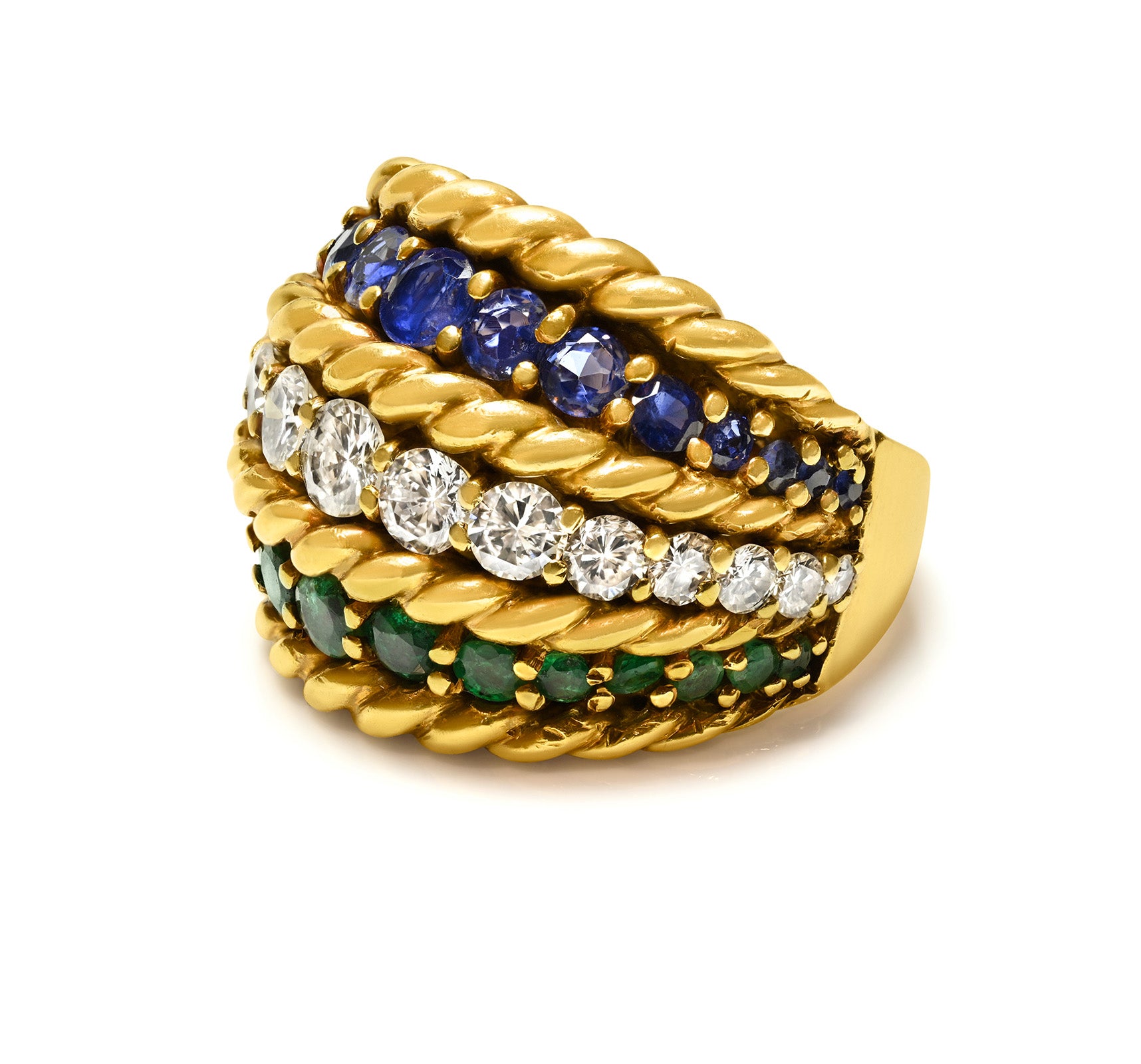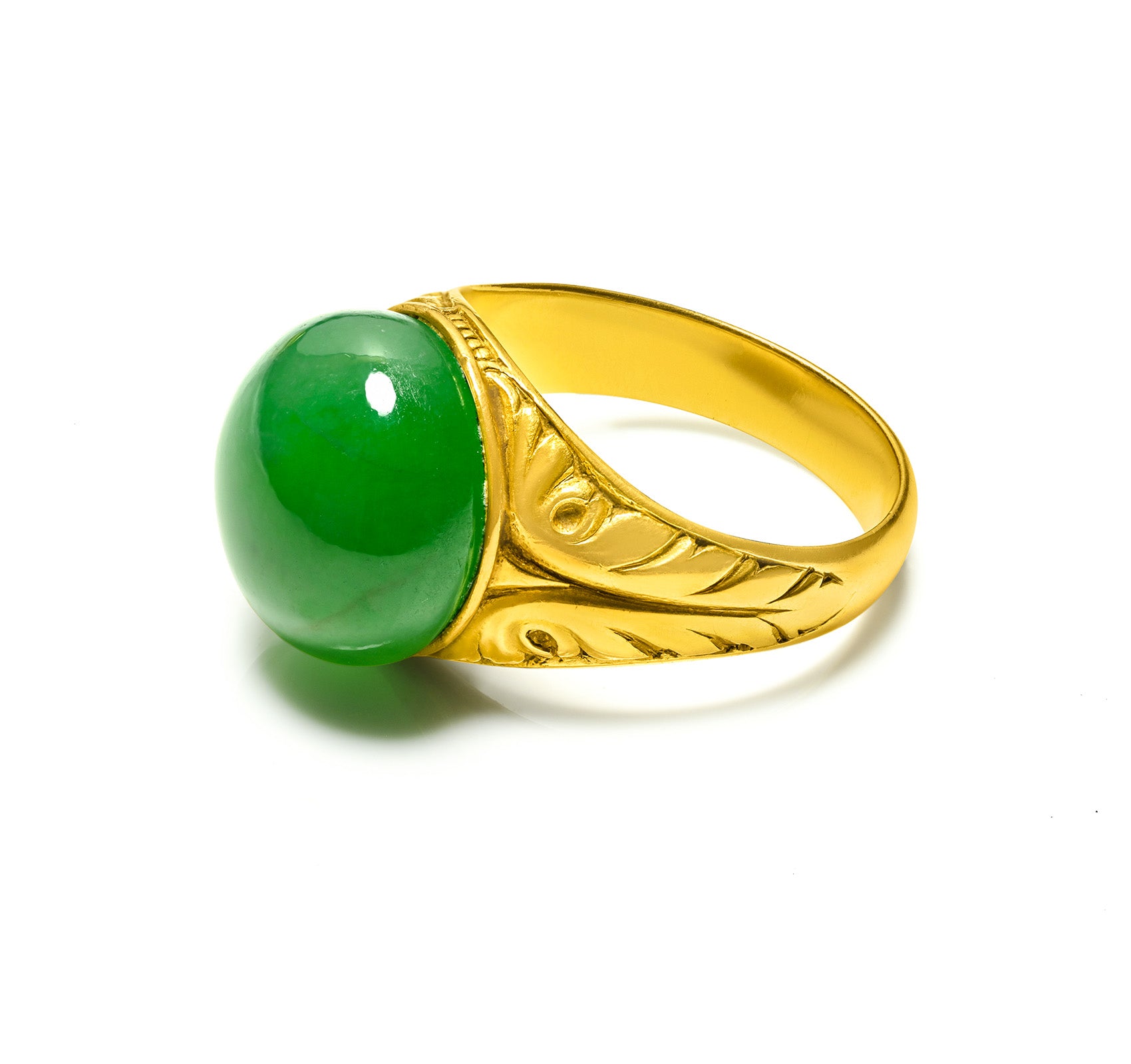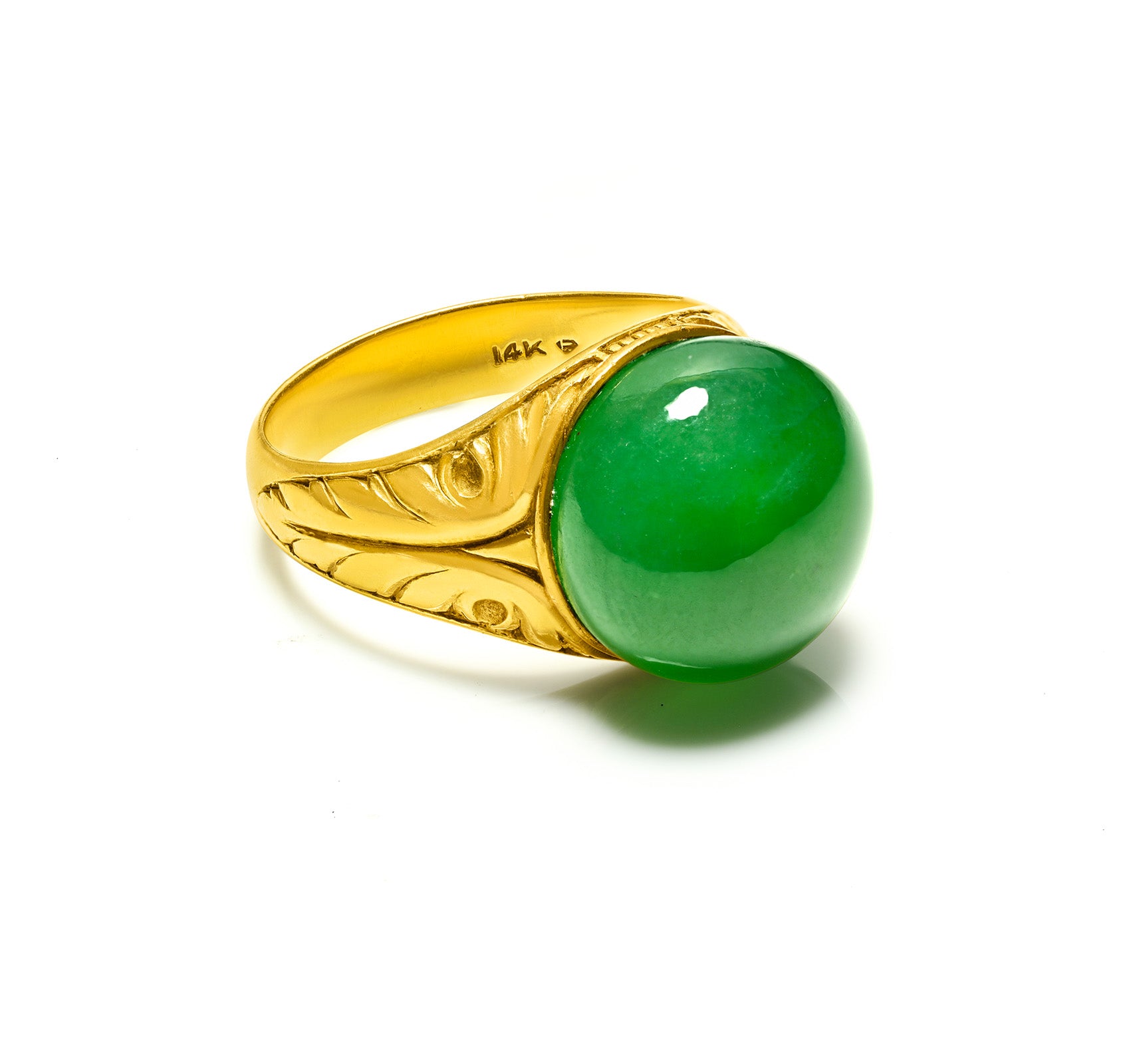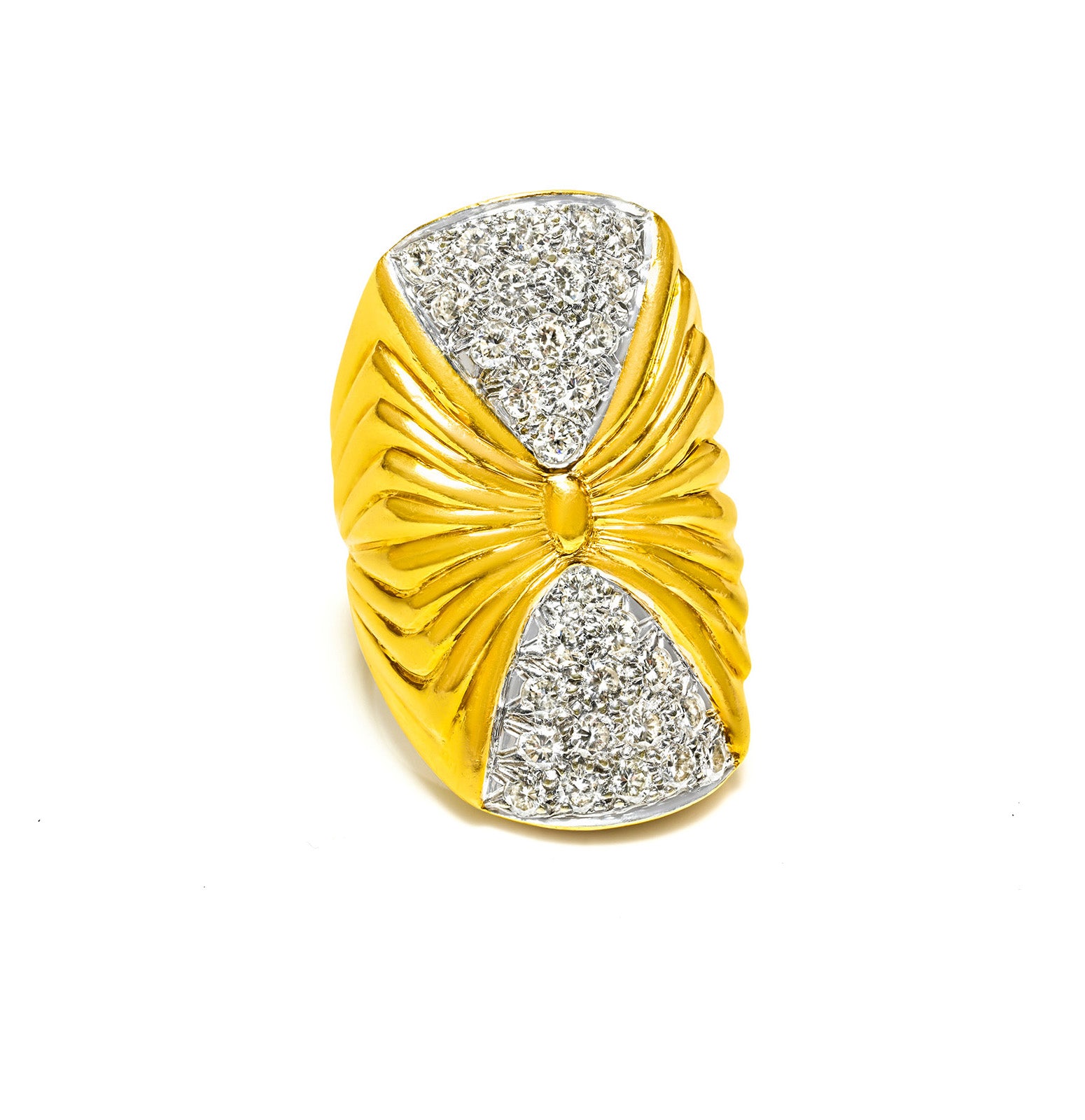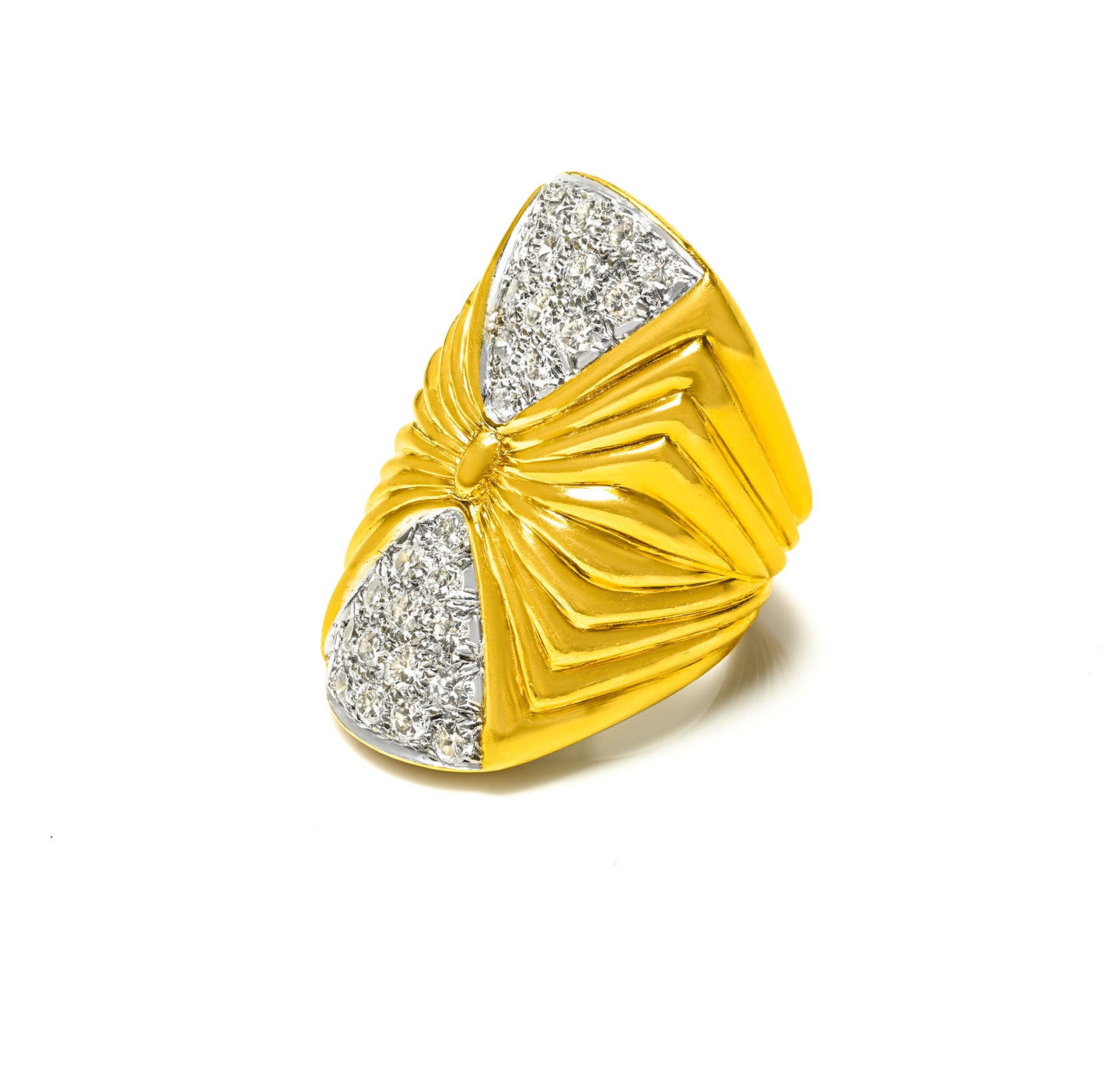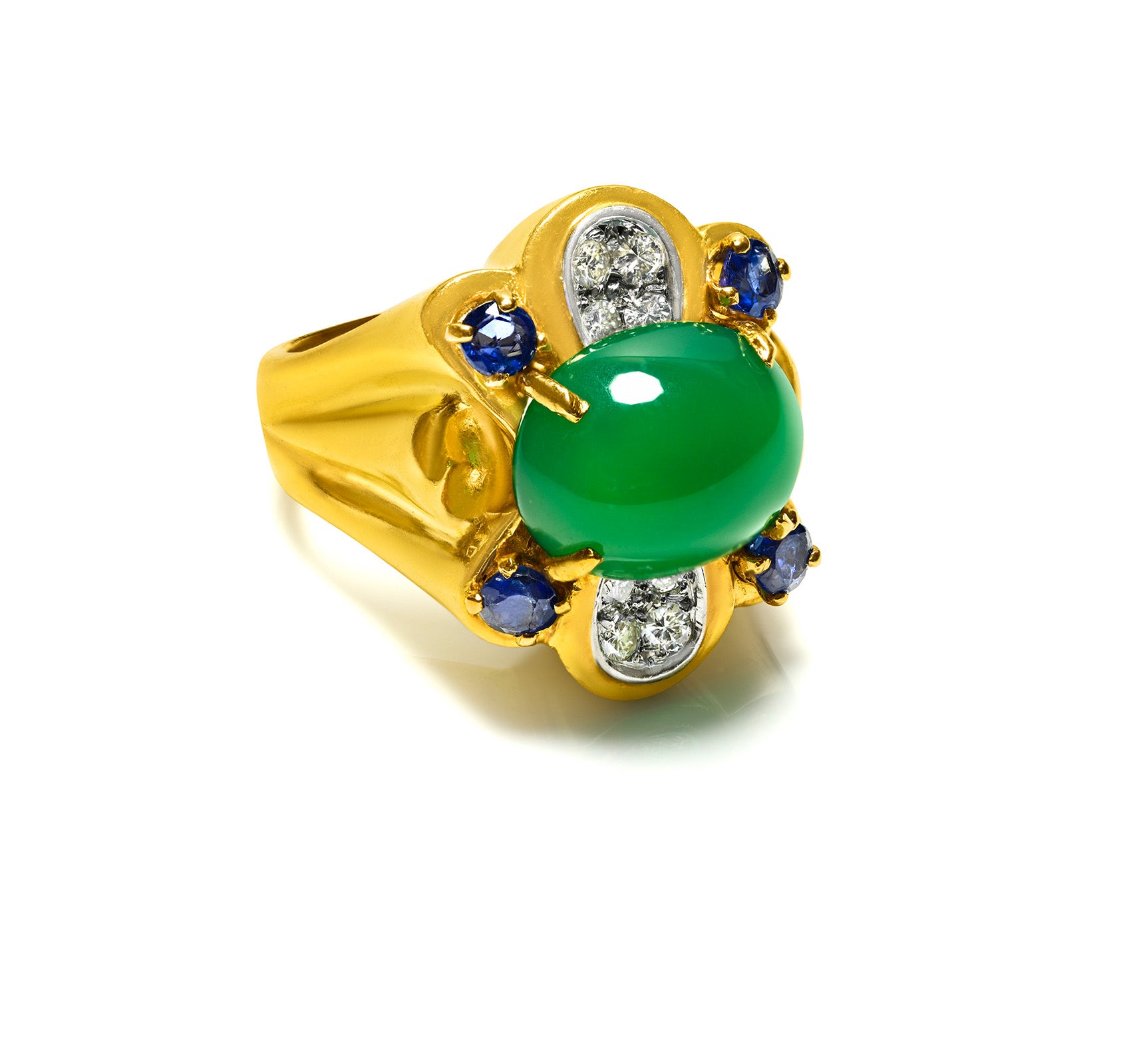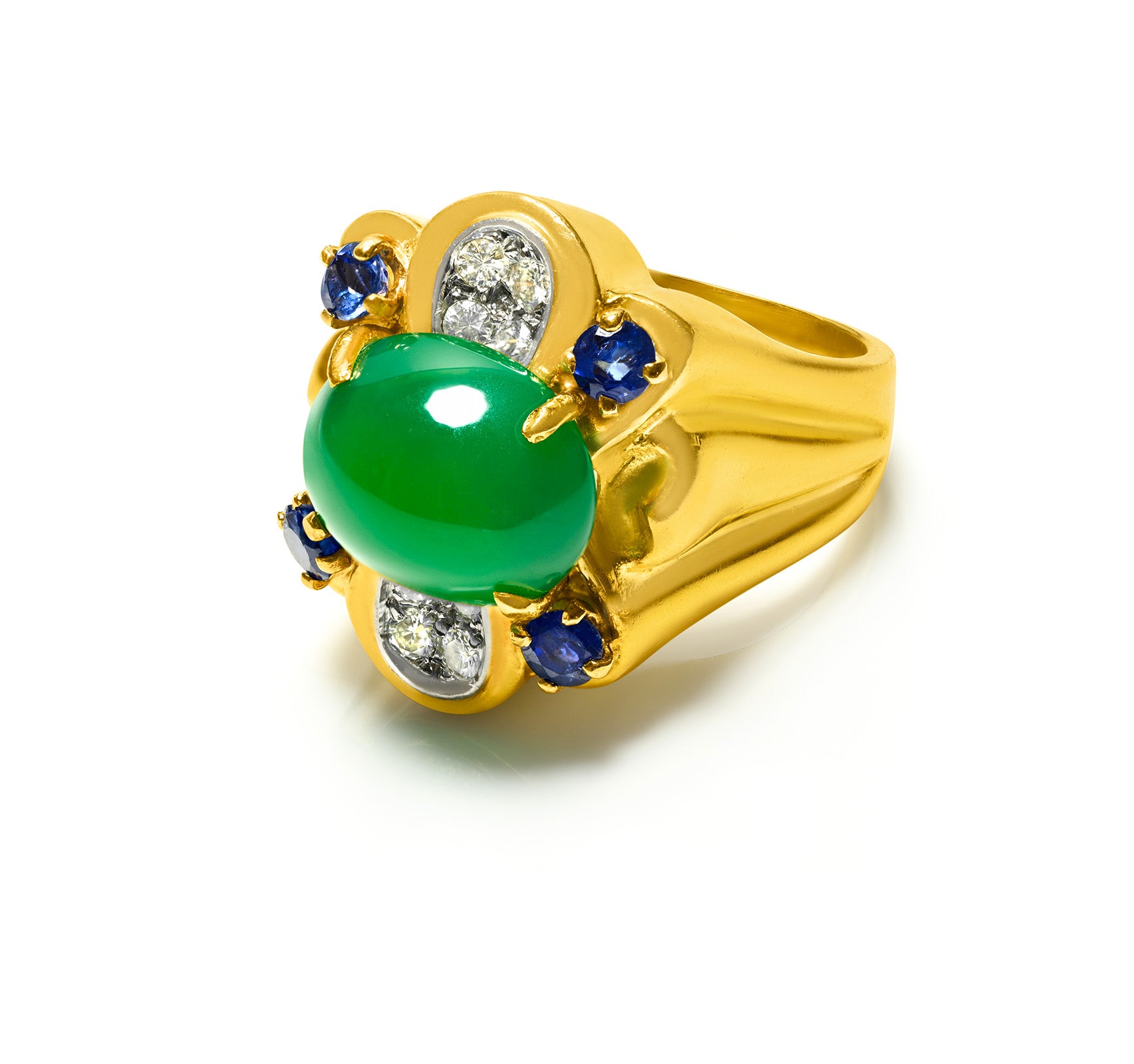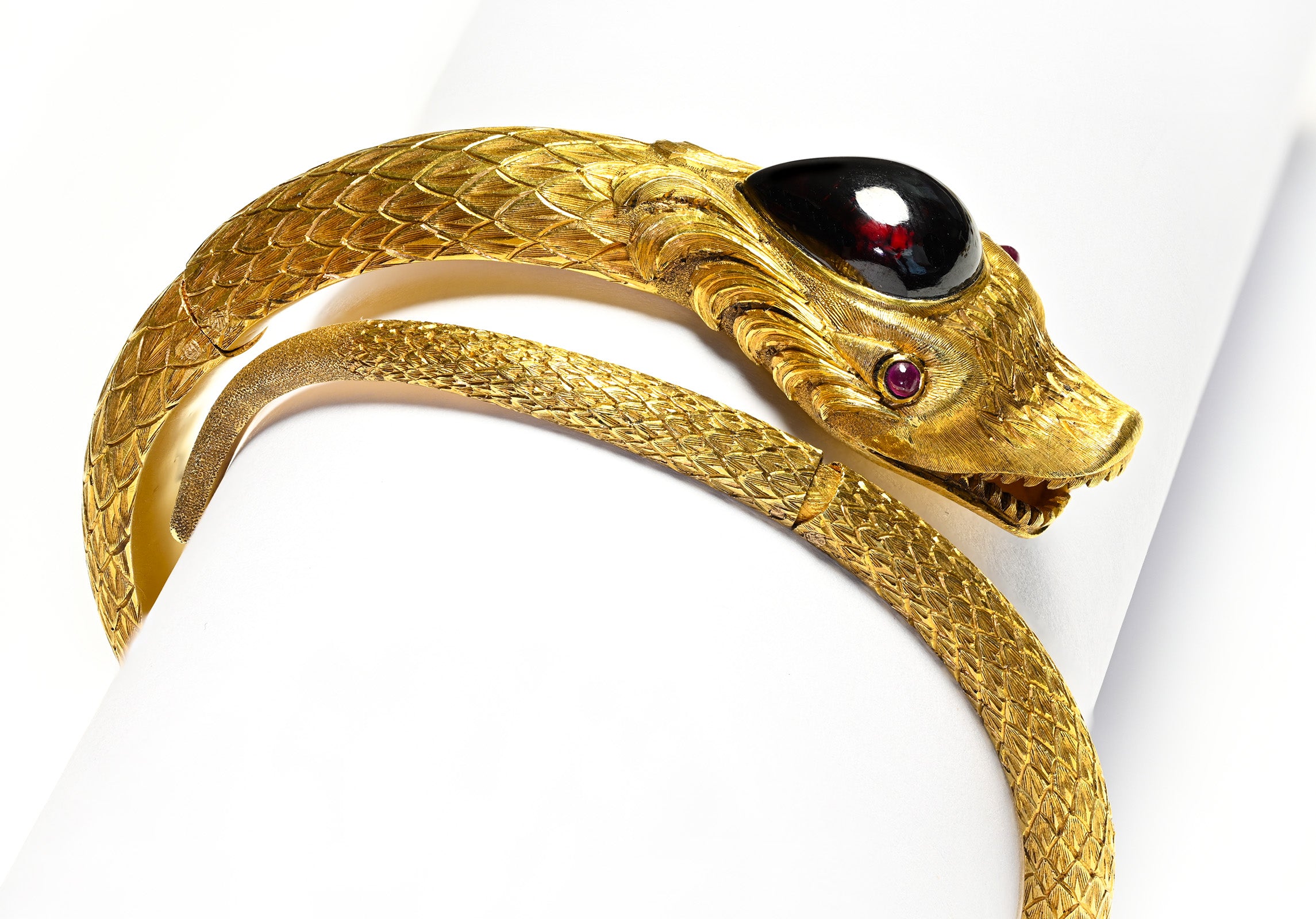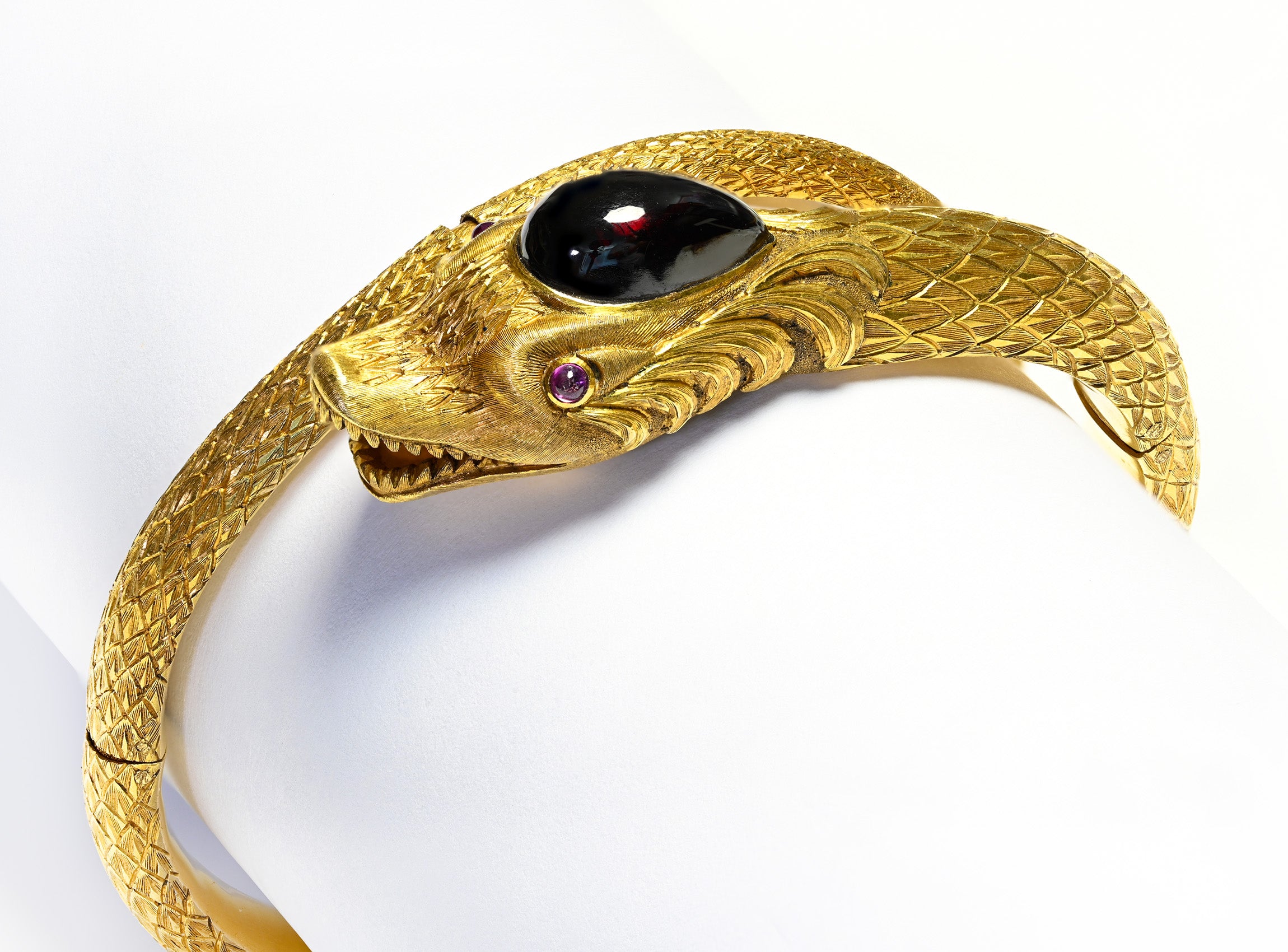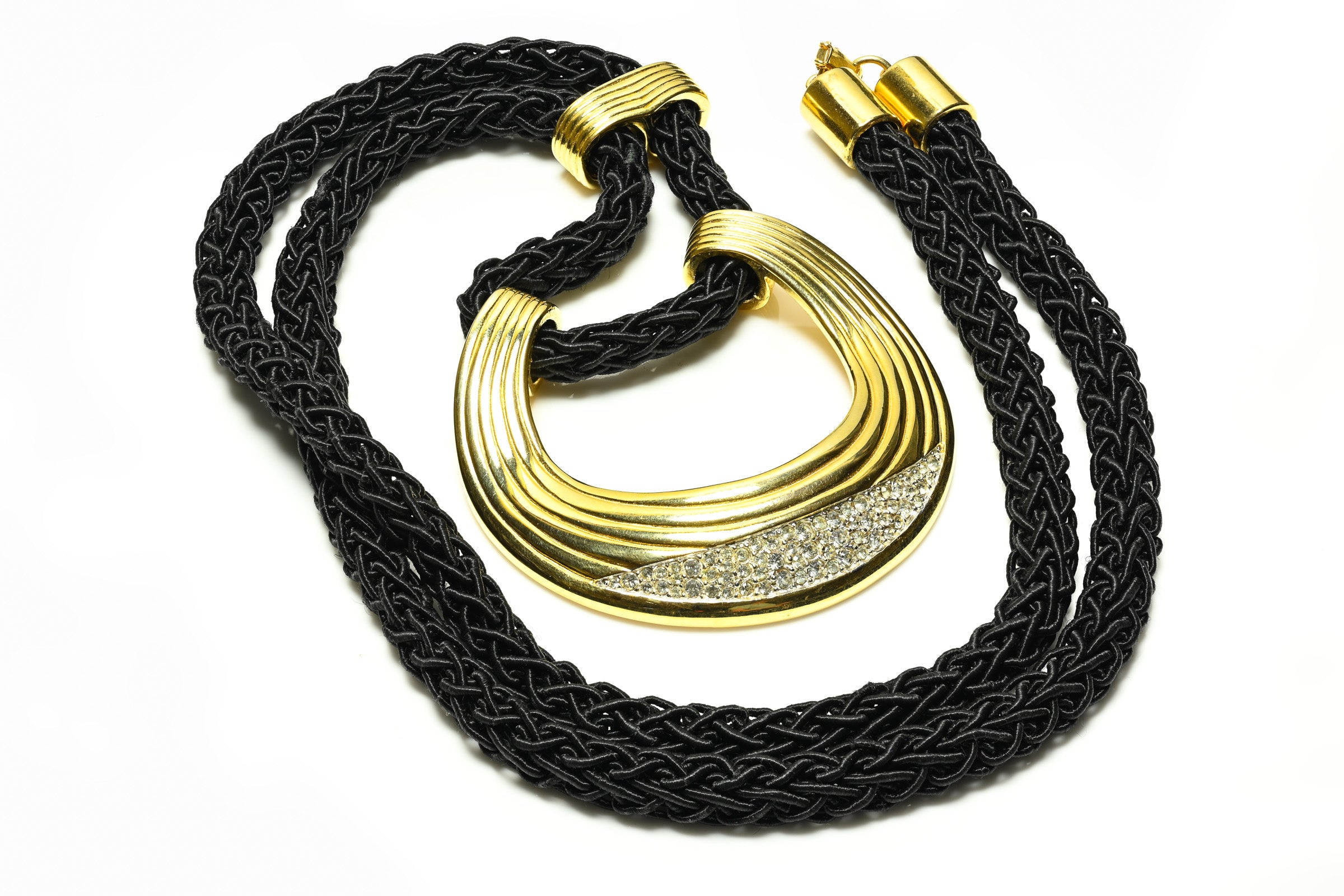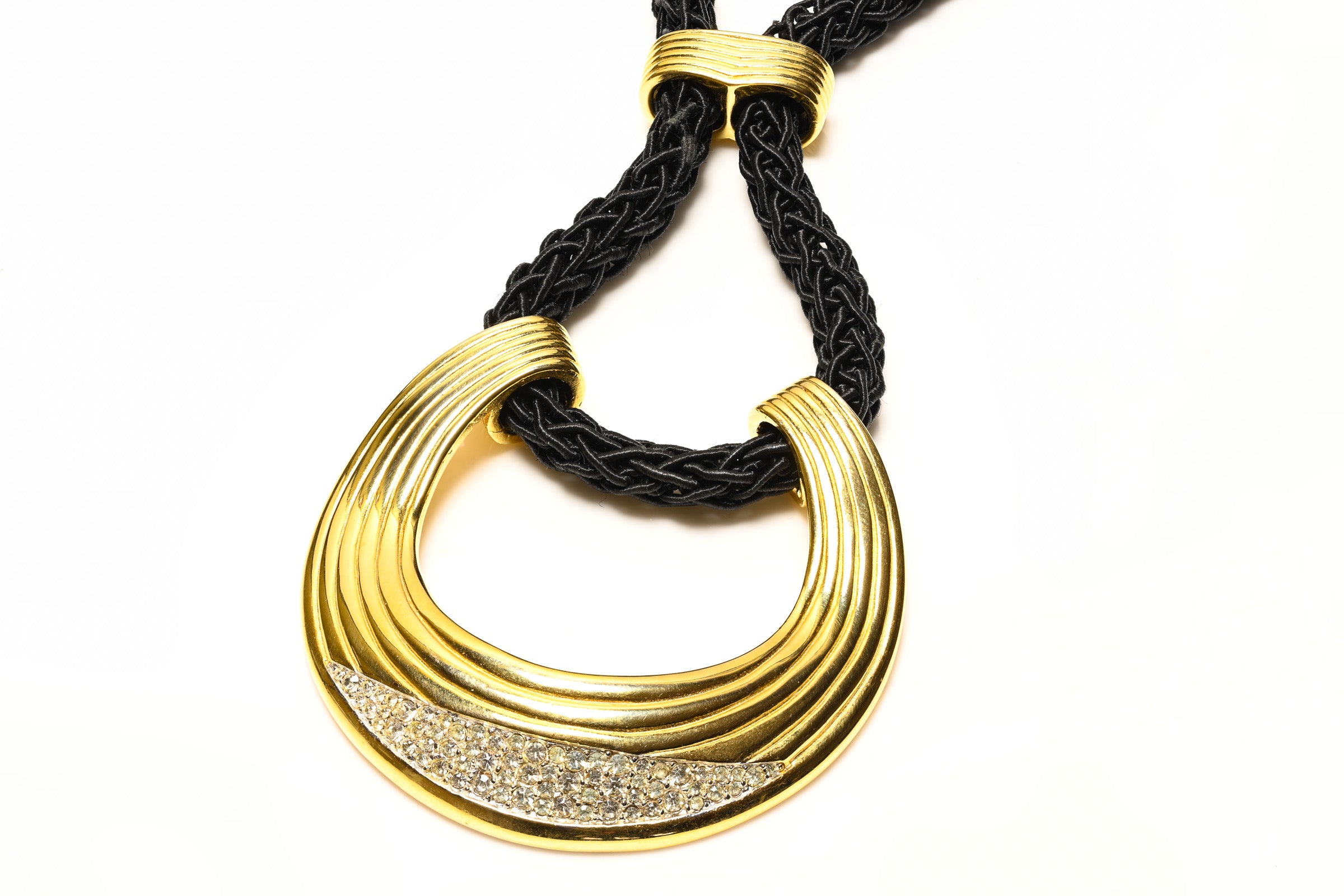
Ancient Wisdom: The Dao (Way) of Tea
This book contained a collection of methods, from growing, picking, and brewing tea to tasting it. This book also described the deep cultural connotation of the art of tea, shaping the earliest Dao (Way) of Tea.
People of later generations called Lu Yu the "Sage of Tea".
Tea culture reflects characteristics of traditional Eastern culture - it is a combination of "Tea" and "The Dao (Way)".
Ancient Wisdom: The Dao
Lao Zi, the ancient Chinese sage, said: "The Way may be called the Way, but it is not an ordinary Way". But he also said: "The Way is vast and it is all around you". So, what is meant by "The Way"? In the classical Confucian text "The Middle Way" it is written that "the will of Heaven is called nature; following nature is called the Way (Dao)".
The existence of the entire contents of the universe, including the rotation of the cosmos, the procreation of mankind, the change of dynasties as well as the birth, old age, sickness, and death of human beings, all follow "The Way" and all follow a certain pattern. Creation - stagnation - degeneration - destruction is the law of the universe.
Therefore, what one can do is to "go back to his original true self" and return to his prenatal nature because his prenatal nature was pure and benevolent and connected with the universe. By doing so, people can attain the heavenly and human realms combined into one as well as the nature of following the Dao. This is what ancient people called "The Way" of Cultivation.
So "The Way" reflects the principles and law of the universe and life, and the Chinese people do not talk casually about "The Way" because they consider it to be something very profound and deep. It is not something that can be clearly defined. People in modern China are frequently disconnected from "The Way" because of the term "superstition", unlike in Japan, where there is "The Way" of Tea, "The Way" of Flowers, "The Way" of Burning Scented Sticks, "The Way" of the Sword. In wrestling, there is also judo (the path of gentleness) and Taekwondo. In fact, in ancient China, there was "The Way" in all crafts and professions, and people were also interested in following "The Way". Therefore, the ancient Chinese also had a Dao in tea tasting.
The Dao (Way) of Tea
Tea culture is a kind of "mediating" culture, in which tea functioned as a means to pass on and maintain the spirit of traditional Chinese culture. During the Tang Dynasty, Liu Zhenliang clearly stated in the ten virtues of tea drinking that "Tea can maintain the tradition of The Way, and tea can chisel one's will". Then what is The Way of Tea?
On the surface, there is a label of tea, habits of tea, methods of tea, techniques of tea, arts of tea and, essence of tea, which are often referred to as the six things about tea. To learn about The Way of Tea is to enlighten yourself to the spirit of The Way of Tea through these six things. People seem to be learning the techniques at this time, the emphasis is not really on "techniques" but on "spirit". However, to understand more about the spirit, the disciple must start with the techniques. A person needs to understand this principle in order to talk about The Dao (Way) of Tea.



